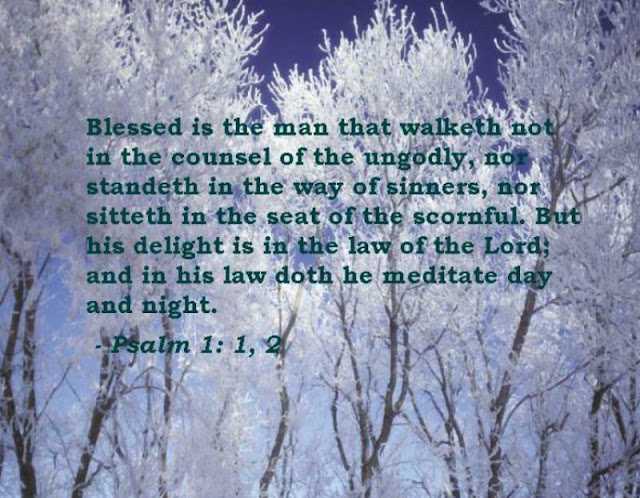By Pastor Dewey Roberts - Posted at Vanguard Presbyterian Church:
Ian Murray wrote a biography of J. C. Ryle which he titled, Prepared to Stand Alone. In the history of the Church, it has always been those men who were ‘prepared to stand alone’ that God used the most to effect reformation and revival. John Charles Ryle was certainly one of those men. He was the last evangelical bishop of the Church of England, having served as the Bishop of Liverpool for the last twenty years of his life. He is known to both ministers and laymen for his wonderful spiritual writings, such as Holiness,Old Paths, Practical Religion, Knots Untied, etc. His writings breathe a spirituality which is attractive to Christians of all levels of maturity. I have often thought that any person who does not like Ryle’s writings is someone who needs to be watched carefully. It saddened me one time when a former mentor of mine spoke condescendingly about Ryle’s writings and I have observed since that time that he has departed far from an evangelical ministry. There were many circumstances that led to Ryle being someone who was ‘prepared to stand alone.’ His sudden conversion to Christ which gave him new eyes and a new heart; his observation of the sad effects of an unevangelical ministry; his experience of the powerful ministries of those who called themselves evangelicals; being an outcast in his own family and barely tolerated because of his religious opinions; and, especially, his reading of the Scripture for himself, combined with fervent prayer, were among the primary influences that formed his heart and mind on this issue. In his own autobiography, Ryle gives us his heart’s attitude towards having to stand alone when he began his ministry at St. Thomas’ Parish in Winchester, England:However, the story of my life has been such, that I really cared nothing for anyone’s opinion, and resolved not to consider one jot who was offended and who was not offended by anything I did. I saw no one whose opinion I cared for in the place, and I resolved to ask nobody’s counsel, in the work of my Parish, or to the matter or manner of my preaching, but just to do what I thought the Lord Jesus Christ would like, and not to care one jot for the face of man. (Andrew Atherstone, ed., Bishop J. C. Ryle’s Autobiography, Banner of Truth Trust, 2016, p. 110).
Having the conviction or resolve not to care one jot for the opinion of men is very difficult for many ministers and/or officers. The Lord had to counsel Jeremiah: “Now, gird up your loins and arise, and speak to them all which I command you. Do not be dismayed before them, or I will dismay you before them. . . They will fight against you, but they will not overcome you, for I am with you to deliver you” (Jeremiah1:17, 19). And to Ezekiel, the Lord said, “And you, son of man, neither fear them nor fear their words, though thistles and thorns are with you and you sit on scorpions; neither fear their words nor be dismayed at their presence, for they are a rebellious house” (Ezekiel 2:6). The divine call to preach the gospel is usually attended by this grace to not care one jot for the opinion of men about the gospel, but simply to preach the truth regardless of who likes it or who is offended by it. And God’s call can never be adequately answered unless we take the attitude of Ryle.
On one occasion, the disciples of Jesus came to Him and said, “Do You not know that the Pharisees were offended when they heard this statement?” (Matthew 15:12). That statement was Jesus’ teaching against the Pharisaical rules for cleansing. Jesus’ reply to His disciples was this: “Let them alone; they are blind guides of the blind” (Matthew 15:14). Jesus did not care one jot that the Pharisees were offended. In fact, He surely anticipated that they would be offended.
